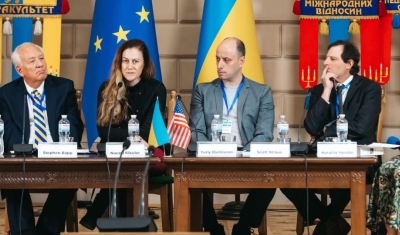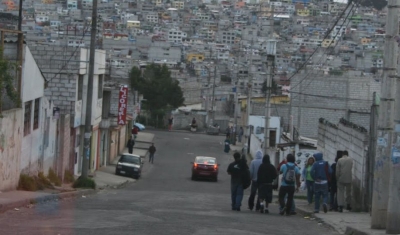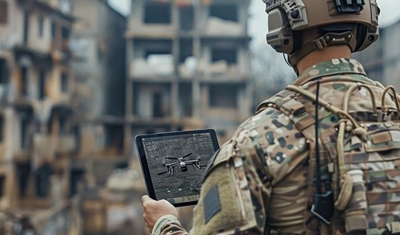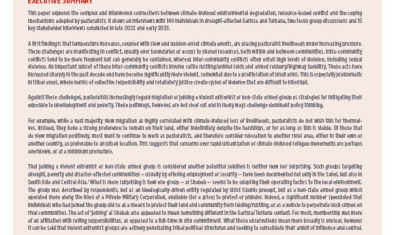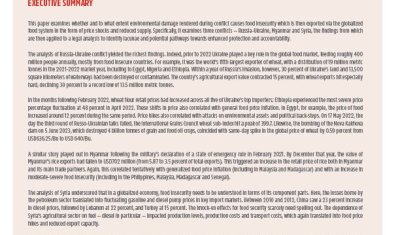New Publication Discusses the Harmonization of War Crimes Under the Rome Statute

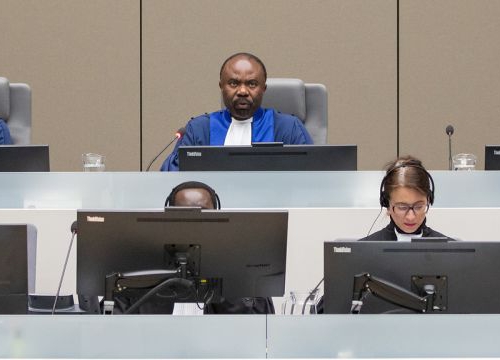
ICC-CPI
14 March 2019
Under the Rome Statute, war crimes can be committed in international armed conflicts (IACs) and in non-international armed conflicts (NIACs). However, the lists granting the International Criminal Court (ICC) with jurisdiction over war crimes in each type of conflict are not the same.
Indeed, the ICC does not have jurisdiction over the following ten war crimes if they are committed in a NIAC: (1) directing attacks against civilian objects; (2) disproportionate attacks; (3) attacks against undefended places; (4) using human shields; (5) improper use of flags, emblems, and uniforms; (6) employing weapons or methods of warfare listed in an annex to the Statute; (7) using starvation as a method of warfare; (8) killing or wounding persons who are hors de combat; (9) depriving nationals of a hostile power of legal rights and action; (10) compelling nationals of a hostile power to participate in military operations.
‘Most contemporary armed conflicts are NIACs and many of the mentioned war crimes also occur in NIACs. As such, the fact that the ICC does not have jurisdiction over them in NIACs implies a protection gap for victims and impunity for the perpetrators’ underlines Marco Sassòli, Director of the Geneva Academy.
Our new Research Brief Harmonizing War Crimes Under the Rome Statute discusses the need to harmonize the list of war crimes that can be committed in IACs with those that can be committed in NIACs. Written by Patrick S. Nagler – an alumnus of our LLM and a Research Assistant at the University of Geneva – it examines whether and the extent to which customary and/or conventional international humanitarian law (IHL) and international criminal jurisprudence provide a sound legal basis to do so.
Extending the ICC’s Jurisdiction over Eight War Crimes in NIACs, Including Direct Attacks against Civilian Objects and Starvation as a Method of Warfare
The Research Brief concludes that in most, but not all cases, the discrepancy between the war crimes over which the ICC has jurisdiction in IACs and NIACs is no longer justified.
‘Developments in IHL and international criminal law since the adoption of the Rome Statute call for, in most cases, the harmonization of the two lists, which would also bolster the fight against impunity by facilitating the prosecution of atrocities and the respect of IHL in all conflicts’ explains Marco Sassòli.
The Research Brief recommends that the ICC should also have jurisdiction over the following war crimes in NIACs and details how to do so: direct attacks against civilian objects; starvation as a method of warfare; human shields; improper use of flags of truce, UN or enemy military flags, insignia, or uniforms, or the distinctive emblems; disproportionate attacks; attacking undefended places; and employing weapons or methods of warfare that cause unnecessary suffering or superfluous injury or which are inherently indiscriminate as listed in the annex of the Statute.
While the necessary legal basis exists to harmonize the war crime of killing or wounding persons who are hors de combat, the publication does not recommend harmonization as the Rome Statute already sufficiently criminalizes such conduct in NIACs through another provision.
Finally, the brief concludes that there is no legal basis to harmonize two of the war crimes under examination – depriving nationals of a hostile power of legal rights and action in courts and compelling them to participate in military operations.




